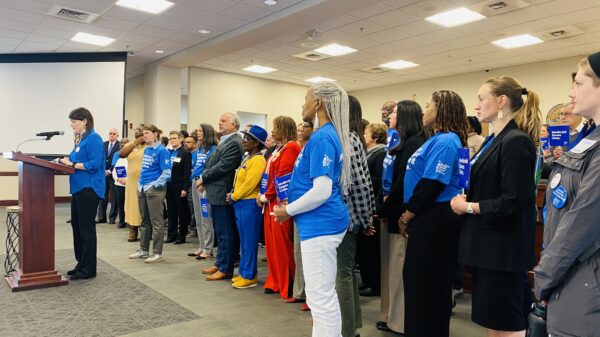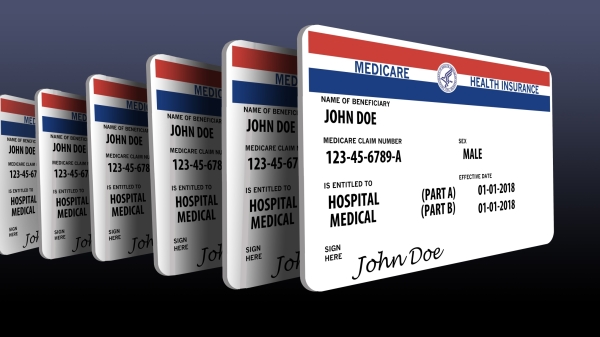By Brandon Moseley
Alabama Political Reporter
The Alabama House of Representatives is scheduled to address comprehensive Medicaid reform on Tuesday. Senate Bill 340 is sponsored by Senator Greg Reed (R) from Jasper. If passed, it would divide the state into Regional Care Organizations that would provide for the delivery of medical services to Medicaid beneficiaries on a managed care basis.
The Alabama Political Reporter’ talked with House Health Committee Chairman Jim McClendon (R) from Springville, who is carrying the bill in the Alabama House, about the plan and the likelihood of it’s passage. Rep. McClendon said that the bill is the first bill on Tuesday’s special order calendar and if there is any organized opposition to the plan they have not contacted him.
Rep. McClendon said that the bill will bring care closer to the Medicaid beneficiaries in Alabama and that the RCOs will be able to customize the care to the region that they are in.
McClendon said that managed care will lead to better patient outcomes, which will lead to less emergency room visits and consequentially tremendous cost savings for the state. McClendon estimated that Medicaid reform could save the state between $50 million and $70 million a year over the next ten years.
‘The Alabama Political Reporter’ asked McClendon if the state would be able to continue to offer the same level of Medicaid benefits that it currently offers to beneficiaries if no reform plan passes without raising taxes. McClendon said “No. Absolutely not.”
McClendon said that as part of the Medicaid reform plan the state was going to provide counseling services so that poor Medicaid/Medicare dual eligible seniors could understand their Medicare options.
While SB 340 reforms most of the troubled Alabama Medicaid program, long-term care services will continue to operate as it currently is configured. Advocates for Alabama seniors argue that the state could provide better care for Alabama’s indigent elderly if Medicaid would offer home healthcare and assisted living options
The state legislature has already passed a series of reforms designed to curb prescription drug abuse, which if effective, have the potential of curbing drug abuse by Medicaid beneficiaries. Rep. McClendon said in a written statement, “There’s no doubt that Alabama is suffering from a drug abuse epidemic as evidenced by statistics from just a few years ago showing just under 200,000 adults abused prescription drugs in our state. In addition to the human toll, the National Institute of Health estimates the societal cost of prescription drug abuse is as high as $50 billion a year in the United States, so dramatic steps are obviously needed.”
McClendon is also the sponsor of House Bill 110 which is designed to fight Medicaid fraud. McClendon said in a prepared statement, “Abusing a program that provides essential health care to the neediest citizens among us is the ultimate insult to Alabama taxpayers. By extending the statute of limitations and providing additional investigative tools to law enforcement agencies, the Medicaid Fraud Reduction Act will force even the most dishonest individual to think twice before trying to take advantage of the system.” HB 110 has already passed the House and could come before the state senate this week.
The Alabama Senate is also considering legislation introduced by Rep. Mike Ball (R) from Madison which would make the state a member of a Medicaid compact (with Congressional approval) and receive Medicaid money from the federal government as a block grant. Currently the state has no control over the benefits offered or who is eligible for Alabama Medicaid programs even though the state provides much of the funds.





















































